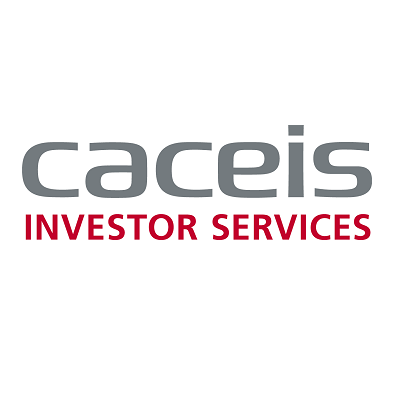Following the recent survey by CACEIS to fund professionals, it was really encouraging to see that 83% of respondents cited the potential for reputational risk if climate commitments are not adhered to. Although awareness of climate risk and its impact on the investment world is rising, our survey highlighted several challenges still confronting asset managers and fund boards, particularly around the implementation of a climate risk and governance framework, and the availability of the necessary tools and skills, including data, to fully monitor and manage climate risk.
 For fund boards, several questions remain. For example, does the flow of data and management information finding its way into the boardroom arrive in a consistent format? Do board members feel sufficiently informed to make sense of it? Furthermore, to what extent are other functional business areas – such as audit and risk – viewing climate change as a key operational risk? And do fund boards require their own set of data as part of their monitoring and oversight responsibilities?
For fund boards, several questions remain. For example, does the flow of data and management information finding its way into the boardroom arrive in a consistent format? Do board members feel sufficiently informed to make sense of it? Furthermore, to what extent are other functional business areas – such as audit and risk – viewing climate change as a key operational risk? And do fund boards require their own set of data as part of their monitoring and oversight responsibilities?
What happens at board level is also critical. Our survey highlighted that around one-third of asset management boards are now overseeing the process of integrating climate considerations into business and risk management processes. From an industry perspective, there needs to be more recognition of treating these considerations as a climate-related financial risk, much like an operational or traditional investment risk.
This demands a broader understanding of climate risks across different functional areas within an asset manager or host authorised corporate directors. It’s no longer purely the domain of portfolio managers – we believe the risks need to be understood by compliance, risk and internal audit teams. This requires broader company-wide access to more data and reporting. However, encouragingly, 21% of survey respondents highlighted the development of an educational framework to upskill key employees across all functional areas as a business priority. It’s also important to note that we also expect more pension scheme trustee boards will enforce their climate policies on the service providers they use, which will include securities administration companies and asset managers.
Data is key to keeping fund boards informed
Access to good data can be a challenge for fund boards. Only 19% of respondents in our survey mentioned that they had adequate reporting in place to provide full disclosure on climate risks.
Fund boards require a workable reporting framework that tracks environmental, social and governance (ESG) and climate exposure at a granular level. This means having access to information on material risks at a security level, rather than relying on higher level information at portfolio level, which really does not tell you that much when you are required to make informed, robust, and fully accountable governance decisions.
Building such a reporting framework means fund boards need to get their hands on good quality data. This includes carbon data and ESG risk data at a portfolio, sector and a security level, allowing fund boards to see where the main risks are, and giving them the informed confidence required to carry out their fiduciary responsibility. As we look at stewardship – or duties of care and responsibility – fund boards should also be reviewing the voting and stewardship policies of the funds they are responsible for, which can only be achieved with access to quality data and information.
Is a lack of good quality data an issue? In summary, no – our survey respondents made it clear sufficient data already exists today. However, 79% of respondents cited the lack of a consistent methodology as their biggest concern in building a climate risk reporting framework. We recognise that there are different companies supplying data on ESG and climate risk, all with their own methodology, and the challenge this presents in terms of consistency and uniformity. Our survey suggests fund professionals already recognise the need to take climate commitments seriously, and are prepared to play a more prominent role in creating meaningful change.
Pat Sharman, Managing Director - CACEIS Bank, UK Branch


















